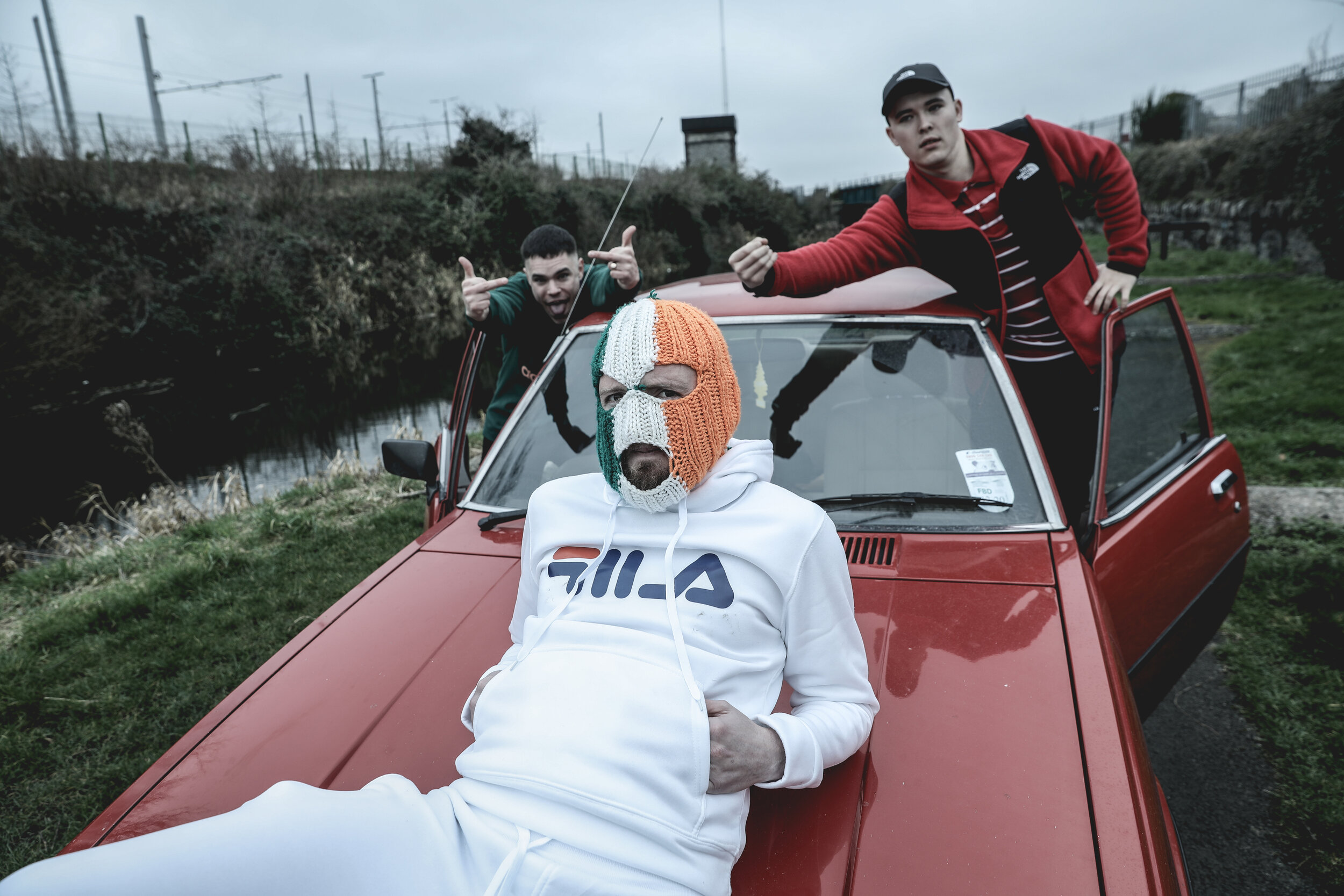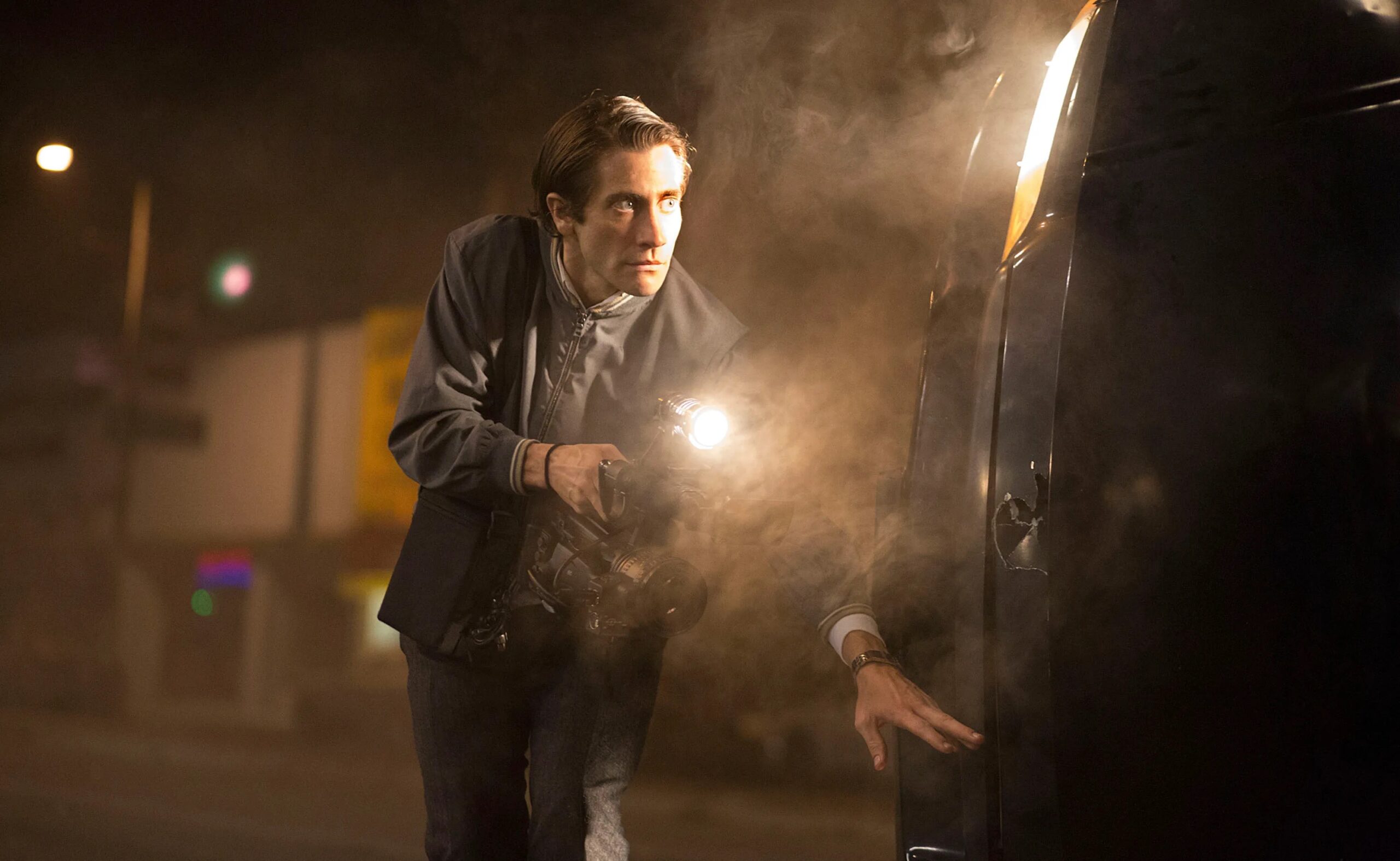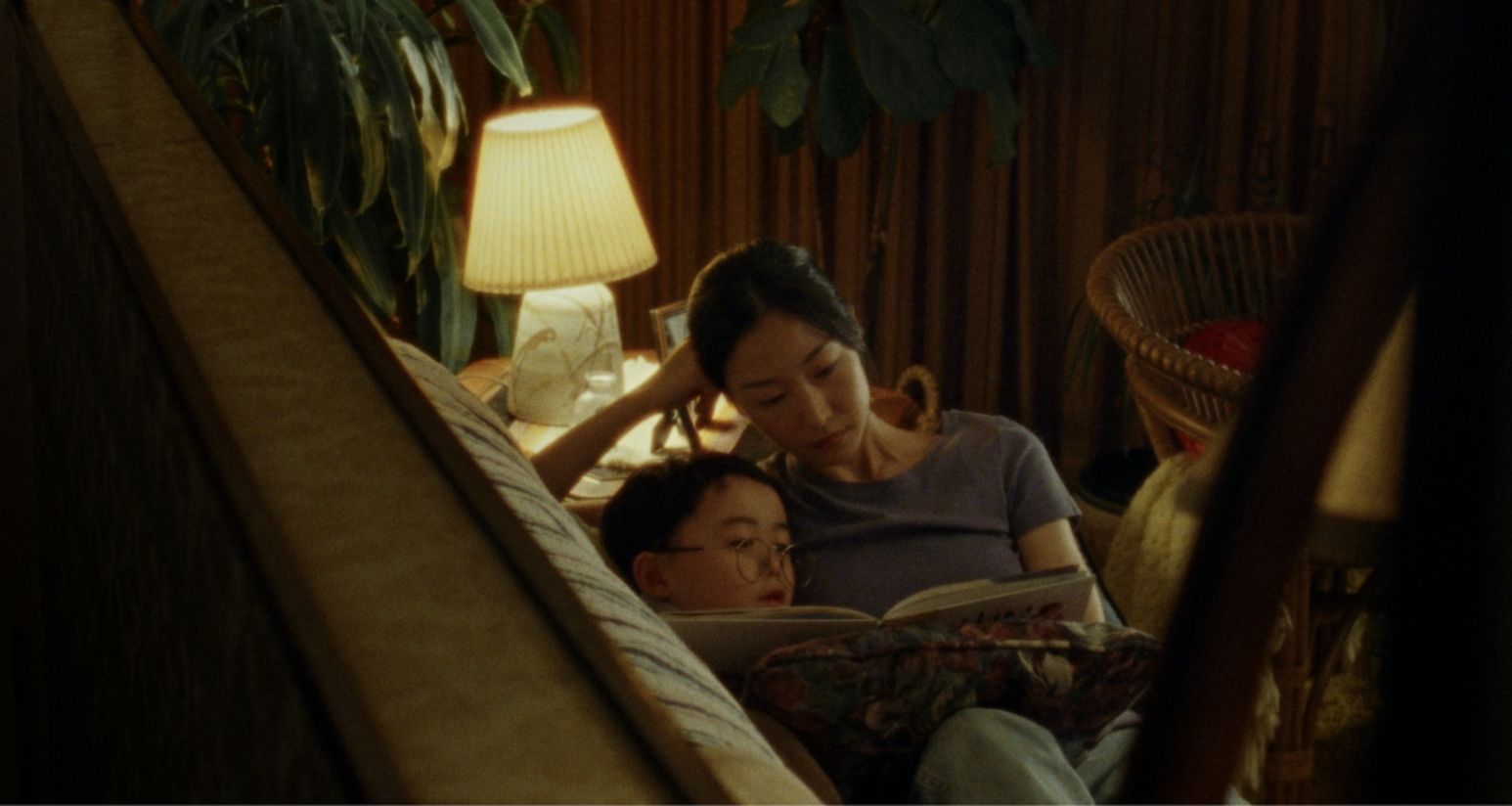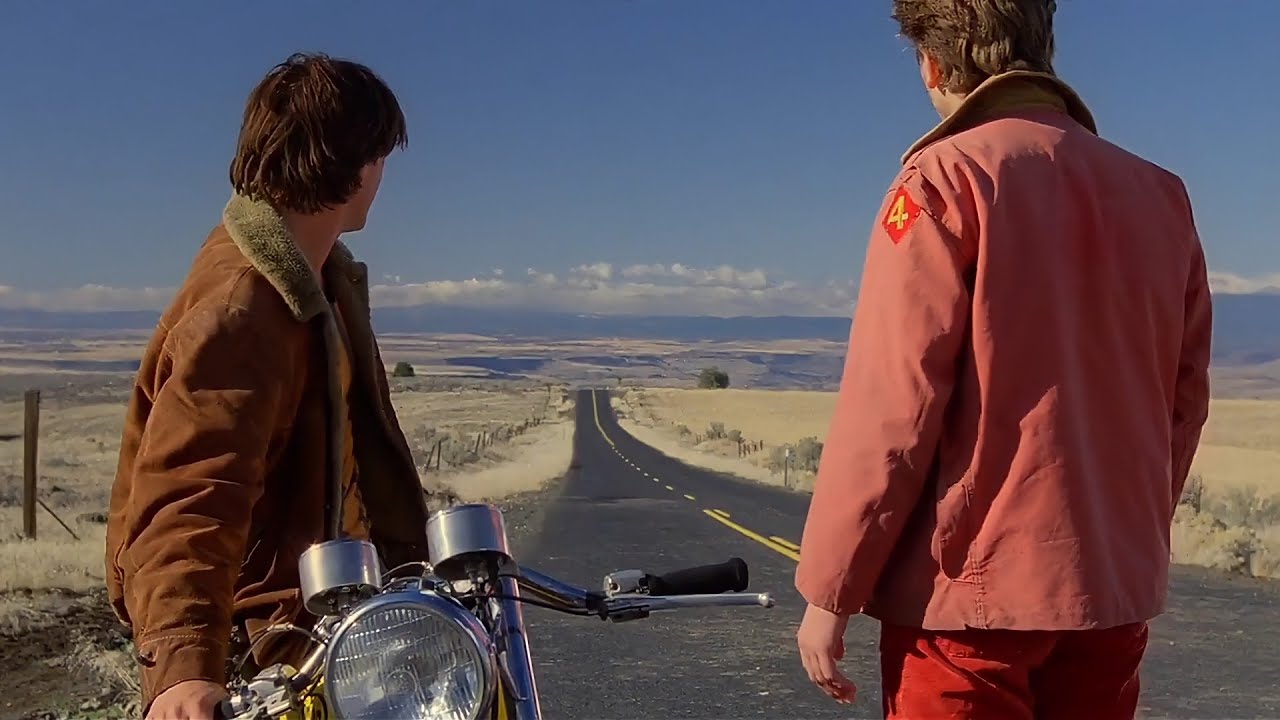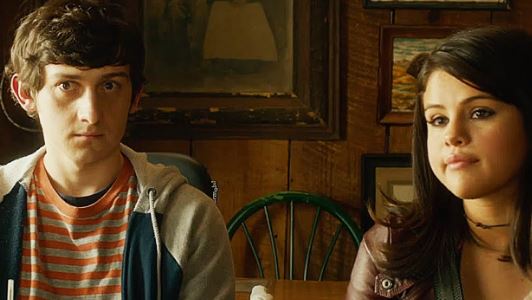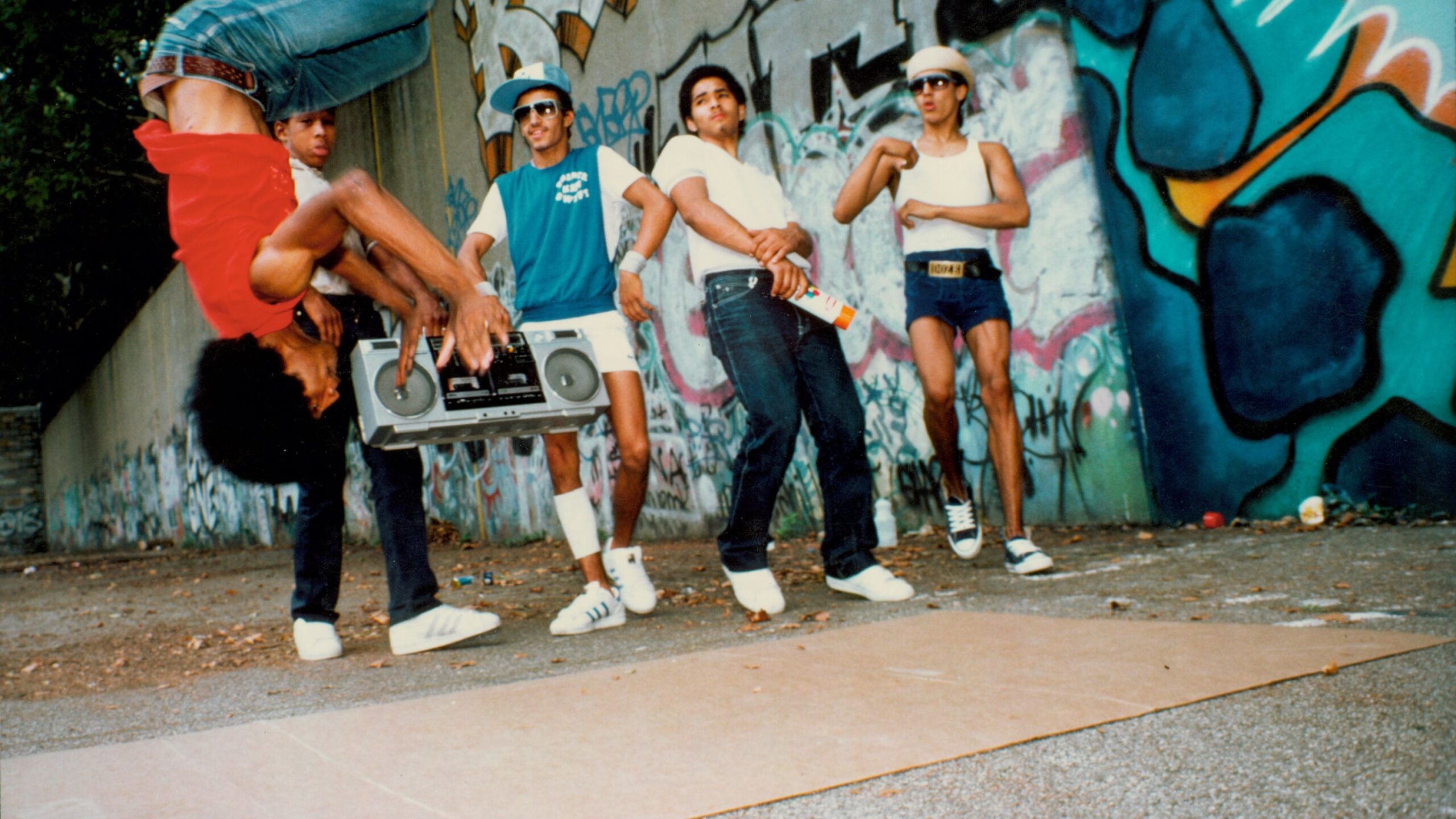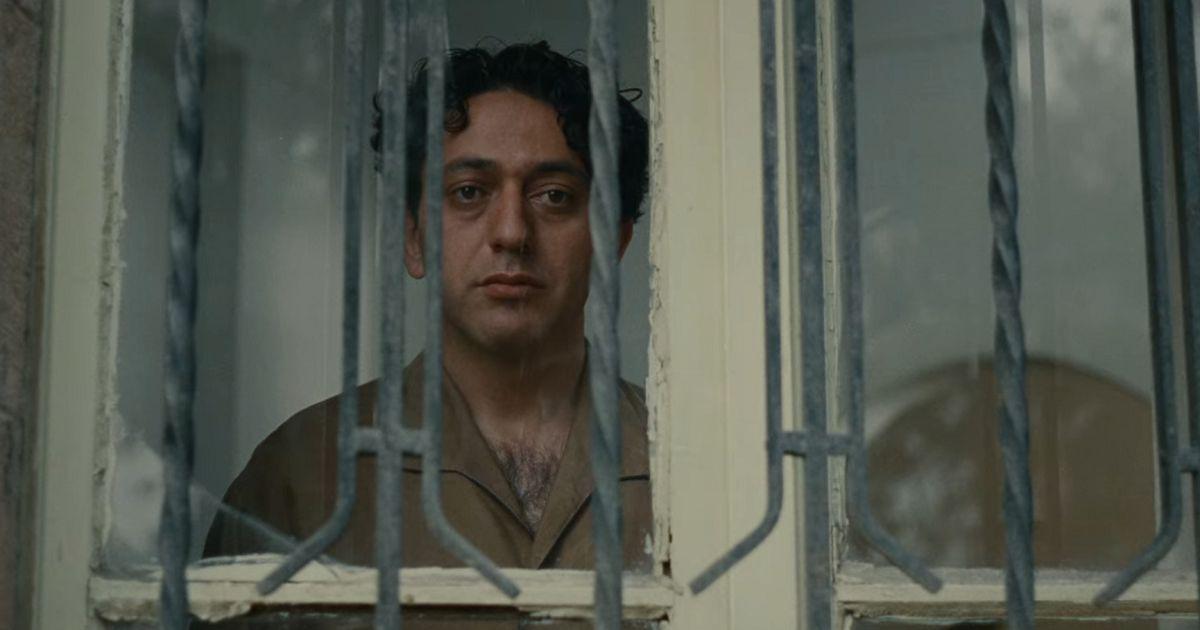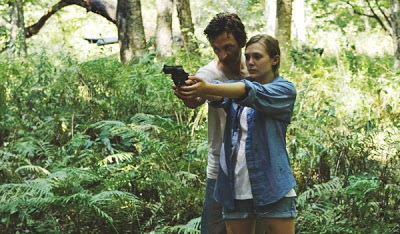
The 50 Best Indie Dramas of All Time
November 20, 2024
Share:
The one genre that indie movies have perfected is drama, and it’s not just due to budget constraints. Films like Juno and Lady Bird have shown that a realistic, stripped-down approach works best for dramas.
Below are the best indie drama movies as ranked by our staff.
Read also:
41. Smoke (1995)
Genres
Director
Actors
Moods
Like a long, slow drag of a cigar, Smoke is a patient pleasure. Adam Holender’s leisurely lingering camera and the film’s relaxed editing allow us to savor the actors’ performances and the thoughtful script uninterrupted, trusting in their ability to captivate us. And captivate us is exactly what novelist Paul Auster’s screenplay and the film’s superlative ensemble do.
The film kicks off in Auggie Wren’s (Harvey Keitel) Brooklyn smoke shop, where myriad customers linger to chat and unexpected friendships form. The serendipitous network around which Smoke revolves unfurls gradually, like a curling wisp of smoke: Auggie’s patron Paul (William Hurt), a writer’s block-struck novelist grieving the violent death of his pregnant wife some years ago, has his life saved by Harold Perrineau’s Rashid, the estranged 17-year-old son of a struggling mechanic (Forest Whitaker). Ashley Judd and Stockard Channing also feature in Auggie’s portion of the film, one of its five loose vignettes (although the film flows much more fluidly than a chapterized structure suggests). Auster’s contemplative, dialogue-driven screenplay — along with the film’s unhurried editing and luxuriating cinematography — make Smoke a gorgeous example of the art of savoring, which is exactly what you want to do with this wonderful movie.
42. Kneecap (2024)
Genres
Director
Actors
Moods
When we think of biopics, we think of underdogs overcoming all odds just through the magnetic power of one’s voice or mastery of their instrument, with the accolades a natural reward for all they’ve been through. Kneecap is not that. The biopic about the titular Belfast hip hop act acknowledges the Troubles, but right off the bat, they would rather tackle that through the actual music. With a low budget, Kneecap dresses themselves in neon tracksuits, reliving their beginnings with stylized camera movements, scribbled out lyrics and action lines, and an impeccable energetic score sync from their usual music video director Rich Peppiatt. It’s an exciting new portrait of the band and Ireland today.
43. Nightcrawler (2014)
Genres
Director
Actors
Moods
The film stars Jake Gyllenhaal as Lou Bloom, an impromptu freelance videographer who begins covering the crime world in LA for a local TV station. Almost as dark as a mystery can get, it is disturbing, and plays out as a combination of “Drive” and “The Network”. The film is visually stunning as well as immensely suspenseful. It then becomes almost impossible to look away, even when you’re the most horrified by just how far Bloom is willing to go to reach success. Gyllenhaal’s performance is widely compared to that of Robert De Niro in Taxi Driver, which should give you an idea of its caliber.
44. Riceboy Sleeps (2022)
Genres
Director
Actors
Moods
Riceboy Sleeps looks like a fairy tale. Taken in 16mm and colored to pastel-grain perfection, it’s a captivating picture that moves like a happy memory. And occasionally, the action matches the air. Mother So-young (Choi Seung-yoon) and son Dong-hyun (Ethan Hwang) share a fierce, us-against-the-world bond as they strive to make it in a Canadian suburb without a lick of help.
The film is beautiful that way, but it also importantly doesn’t spare us from the harsh-edged realities of immigrant life. There are assimilation attempts, cultural divides, and on Dong-hyun’s part, a perpetual longing to know about an unknowable past. It’s a lovely picture, to be sure, but it’s also a tear-jerker, as heartbreaking as it is heartwarming.
Coupled with writing and performances that are resonant but restrained (they never verge on melodrama), Riceboy Sleeps makes for a powerful debut and a truly unforgettable watch.
45. My Own Private Idaho (1991)
Genres
Director
Actors
Moods
While the film adapts some of Shakespeare’s histories, you don’t need to know Shakespeare to appreciate My Own Private Idaho. In fact, instead of focusing on the Prince Hal character, Scott Favor (Keanu Reeves), the film centers on his narcoleptic friend Mike Waters (River Phoenix). Both of them are young street hustlers in Portland. However, unlike Favor, Waters has no reliable family, inheritance, or support system waiting for him to give up his job. Waters only has his body. Writer-director Gus Van Sant doesn’t really focus on the sex or the narcolepsy – these flash by us only as a state-of-mind experience, with time-lapses and freeze-frames to impart to us Waters’ detachment. Instead, Van Sant cares more about Waters’ seeking connection. It’s why the surreal shots speed by us so fast, and why the natural, lived-in scenes remain in our heads. It’s why Waters’ campfire confession, crackling under Phoenix’s earnest voice, feels so powerful. And it’s also why his later rejection feels so painful.
46. Martha Marcy May Marlene (2011)
Genres
Director
Actors
Moods
A very intelligent and nuanced movie that relentlessly asks unpleasant questions. It’s a story about a woman seeking freedom by turning away from her own family and finding something she did not expect. The main character of the movie, Martha, is taken in by a cult and the movie depicts how this experience shapes and warps her life, thoughts, and actions. The time she spent with the cult ultimately also shapes her own personality, which raises questions about her identity and the place she now fits in. Every actor is well cast, and especially Elizabeth Olsen (playing Martha) puts on a stand-out performance, which proves that she is an actor to watch out for in the years to come.
47. The Fundamentals of Caring (2016)
Genres
Director
Actors
Moods
The Fundamentals of Caring is an offbeat comedy/drama starring Paul Rudd as a man attempting to overcome his looming divorce by becoming the caretaker for a teenager with muscular dystrophy (Craig Roberts, Submarine). The two develop an unconventional relationship based largely on sarcasm and profanity, delivering many laugh-out-loud moments, while also slowly exposing the pain each is carrying inside.
Together, at Ben’s urging, they embark on a road trip across the western United States for Craig to see the world. It’s somewhat formulaic but fun and touching road movie that covers much familiar ground, but also offers a fine illustration of caregiving, personal growth, and emotional healing. Paul Rudd is as good ever, and Roberts is utterly superb. One of the best movies on the Netflix Originals catalog, and an undeniable winner, all-in-all.
48. Eddie the Eagle (2016)
Genres
Director
Actors
Moods
Michael “Eddie” Edwards (Taron Egerton) was a man with big glasses and even bigger dreams. As a physically disabled child-turned-oddly determined young adult, he tried his hands at all kinds of sports to earn himself a place in United Kingdom’s Team, only to be shunned and rejected more times than one can count. While his coming home a hero can easily be attributed to Great Britain’s lack of a ski jumper representative to the 1988 Calgary Winter Olympics, the world has Eddie’s perseverance and never-say-die attitude to thank. A story about conquering greater heights and just taking flight, Eddie the Eagle shows the world how winning doesn’t always mean taking home the crown.
49. Wild Style (1983)
Genres
Director
Actors
Moods
This cult classic is the first hip-hop movie in cinema’s history — and, aptly, one of the most sampled movies in rap music. With a cast drawn exclusively from the NYC graffiti, breakdancing, and rap subcultures that it spotlights, Wild Style wisely doesn’t try too hard to construct a conventional drama. Instead, there are toe-tapping scenes in neon-lit, smoke-filled clubs that stretch far beyond usual cinematic limits because they’re following the dynamic pace and infectious rhythm of the battling emcees, not film’s rules.
In lieu of a plot, Wild Style captures the singular atmosphere of the period it was filmed in, when hip-hop culture was thriving and art curators had begun to look to graffiti artists to fill their galleries. That uneasy turning point in the culture is chronicled here through the perspective of Zoro (real graffiti “writer” Lee Quiñones), a young artist who looks on with disdain as his peers embrace the commercialization of their medium by NYC’s art world. (As he shrewdly puts it, risk is central to graffiti’s identity — made for subway cars and walls, not framed canvases.) Brilliantly capturing the freewheeling spirit of NYC’s hip-hop scene, this is a time capsule that never feels dusty thanks to the appropriately off-the-cuff filmmaking.
50. Chronicle of a Disappearance (1996)
Genres
Director
Actors
Moods
The debut feature by Palestine’s most well-known director, Chronicle of a Disappearance is an unusual movie about the decades-long Israel-Palestine conflict in that it’s closer to absurdist comedy than anything else. The only physical violence we see here are men cat-fighting in the street or arm-wrestling each other in cafes, and Israeli presence is limited to a couple of bumbling police officers. Chronicle is full of slapstick cinema touches — right down to the Buster Keaton-esque eyes of director Elia Suleiman, who appears here as a silent wanderer — and yet we feel the bitter reality of the occupation framing every deadpan gag.
Structured as a series of vignettes, Chronicle’s loose form is both a way to depict the stagnation and dry repetition in which Palestinians are stuck and a wry metaphor for all this listlessness. Suleiman speaks plainly in some chapters — such as the one following a woman who is repeatedly turned down from renting an apartment in Jerusalem because she’s Arab — and more obliquely in others, forcing you to recall the movie’s setting to understand his often-understated commentary. A singular film from an utterly unique director, Chronicle of a Disappearance is both a portrait of a country’s erosion and a quietly defiant act of resistance.
Comments
Add a comment
Ready to cut the cord?
Here are the 12 cheapest Live TV streaming services for cord-cutting.
More lists
Lists on how to save money by cutting the cord.
Curated by humans, not algorithms.
© 2025 A Good Movie to Watch. Altona Studio, LLC, all rights reserved.

